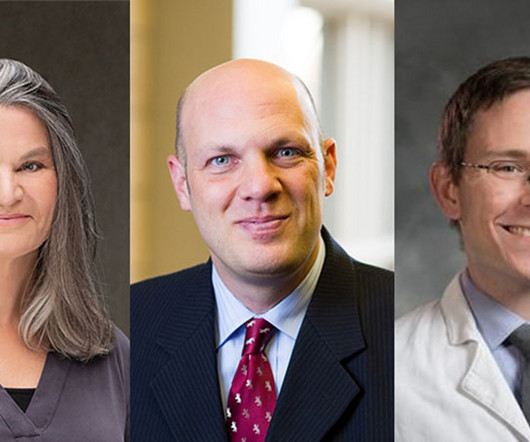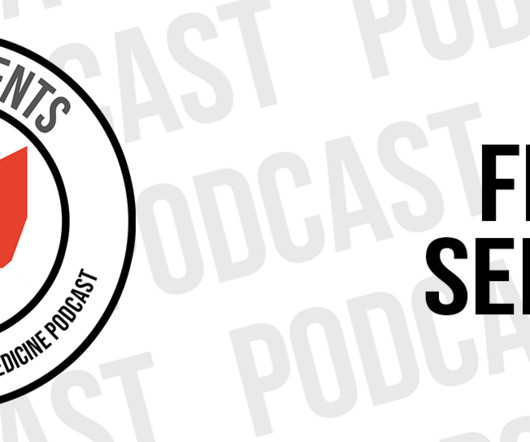Palliative care for cancer: Podcast with Jennifer Temel and Areej El-Jawahri
GeriPal
JULY 28, 2022
GeriPal post on “fast food” style palliative care in chronic critical illness. But at that time I was struck by how in that field, there wasn’t a focus or really interest in symptom management and support for patients and their families. Additional links: Editorial on Areej’s study. Palliative care in lung and GI cancers.













Let's personalize your content